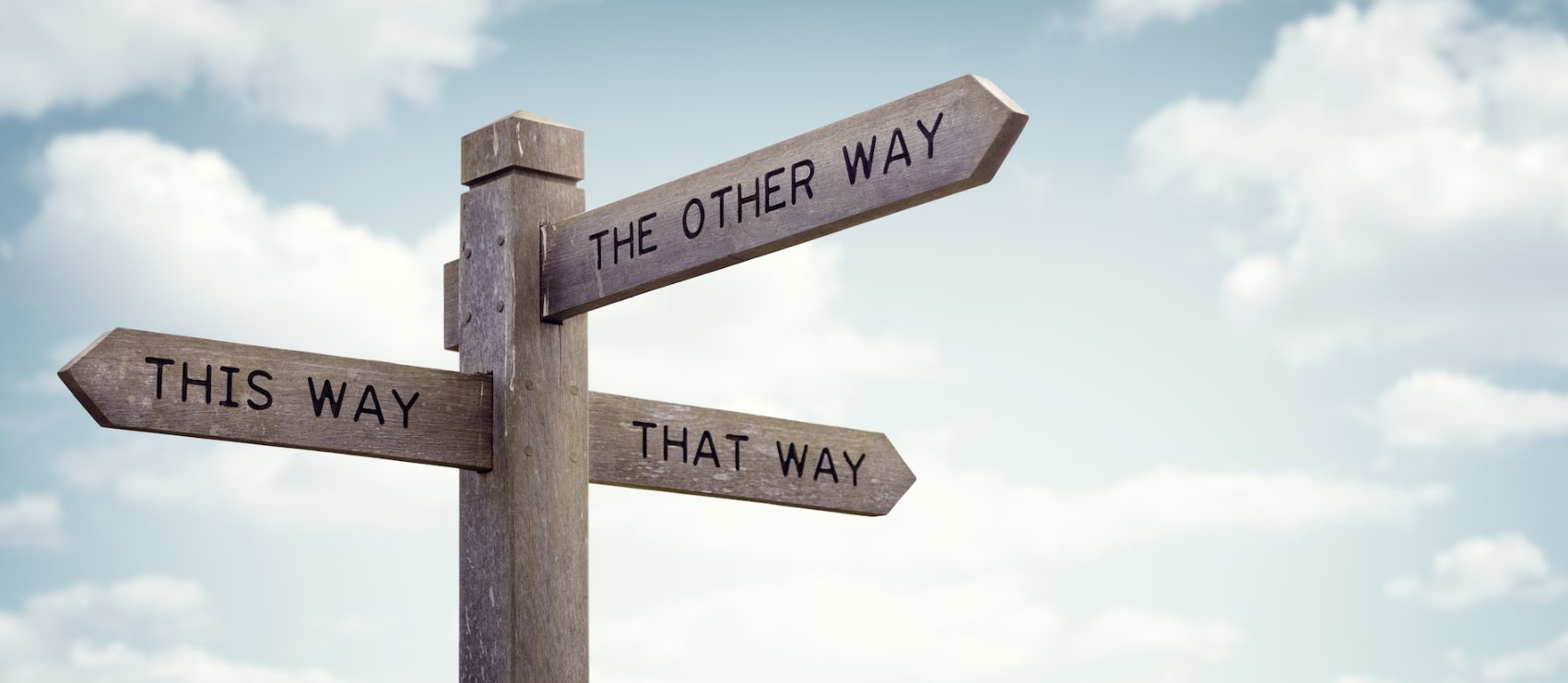When it comes to oral hygiene, there’s a lot of bad information out there. From old wives’ tales to online misinformation, don’t let these dental mistakes and misbeliefs affect your oral hygiene or health.
Myth 1: Tooth loss is genetic
Tooth loss can have a genetic component, but it is not solely determined by genetics. A variety of factors such as poor dental hygiene, trauma, tooth decay, gum disease, and other health conditions contribute greatly to tooth loss.
Genetics may play a role in the development of certain dental conditions that can lead to tooth loss, such as periodontal disease, but environmental factors also play a significant role in the development and progression of these conditions.
By the far the best predictor of good oral health is good oral hygiene practices, regular dental check-ups, and a healthy lifestyle to prevent tooth loss, regardless of any genetic predispositions.
Myth 2: Sugar is the main cause of cavities
While it is true that sugar can contribute to tooth decay, it is not the only cause. Cavities are caused by bacteria that produce acid, which erodes the enamel of the tooth. Bacteria feed on sugars, but they can also feed on other carbohydrates like starches.
So, it’s not just the amount of sugar you consume, but also how often you eat carbohydrates that can contribute to cavities.
Myth 3: Dental X-rays are dangerous
Dental x-rays use very low levels of radiation, and the amount of radiation exposure from dental x-rays is considered safe. Like all forms of radiation exposure however, there is a very small risk associated with dental x-rays.
Givwen that the risk of harm from dental x-rays is very low, and the benefits of early detection and treatment of dental issues greatly outweigh the small risks.
Myth 4: Brushing your teeth harder will make them cleaner
Brushing your teeth too hard can actually damage your teeth and gums. It can cause your gums to recede, exposing the roots of your teeth, which can lead to sensitivity and other problems. Instead, use a soft-bristled brush and brush gently in a circular motion.
For a deeper clean, book a professional cleaning.
Myth 5: You only need to see the dentist when you have a problem
Regular dental check-ups are essential for maintaining good oral health. Your dentist can identify and treat problems early, before they become more serious and more expensive to treat. Plus, regular cleanings can remove plaque and tartar buildup that you can’t remove on your own.
Myth #6: You should brush your teeth immediately after eating
It’s best to wait at least 30 minutes after eating to brush your teeth.
When you eat, your mouth becomes more acidic, and brushing immediately after can actually brush the acid deeper into your teeth, causing more damage. Instead, rinse your mouth with water after eating and wait a bit before brushing.
Myth #7: You don’t need to floss to have good oral hygiene
Flossing is just as important as brushing when it comes to preventing cavities and gum disease. Flossing removes plaque and food particles from between your teeth and under your gums, where your toothbrush can’t reach. If you don’t floss, you’re missing up to 35% of your tooth surface.
Be sure to stay informed and consult with your hygienist regularly to ensure that you’re taking the best care of your teeth and gums. Make a booking with Simply Dental by calling 0800 123 343.

